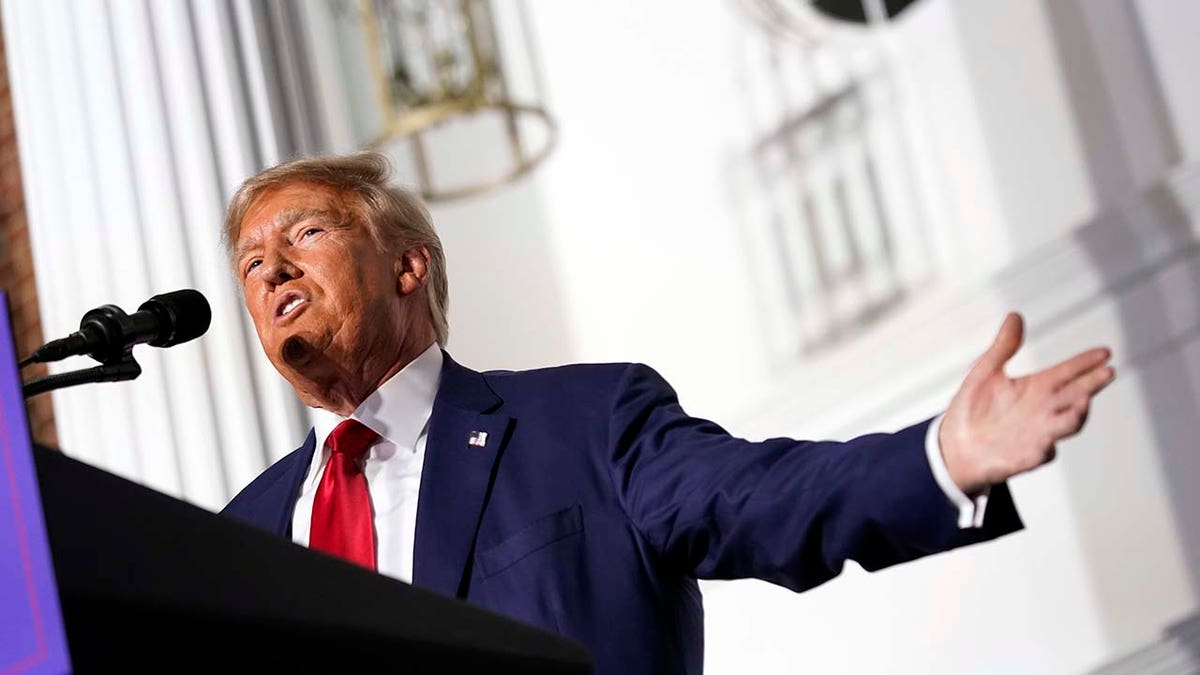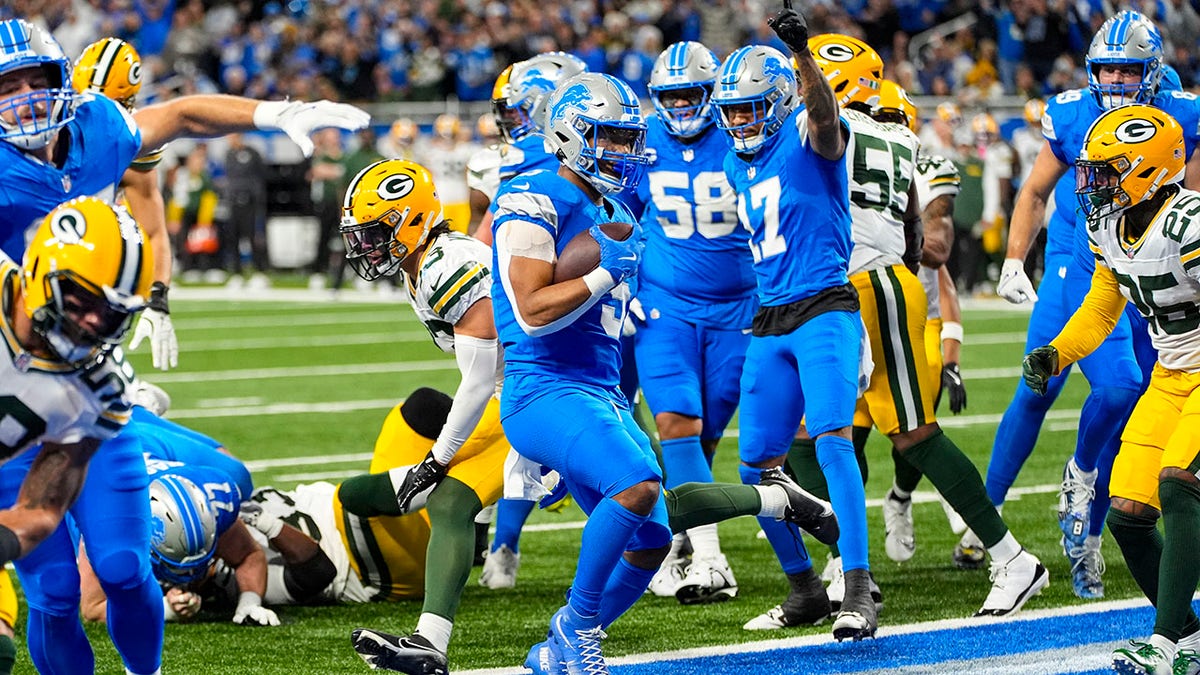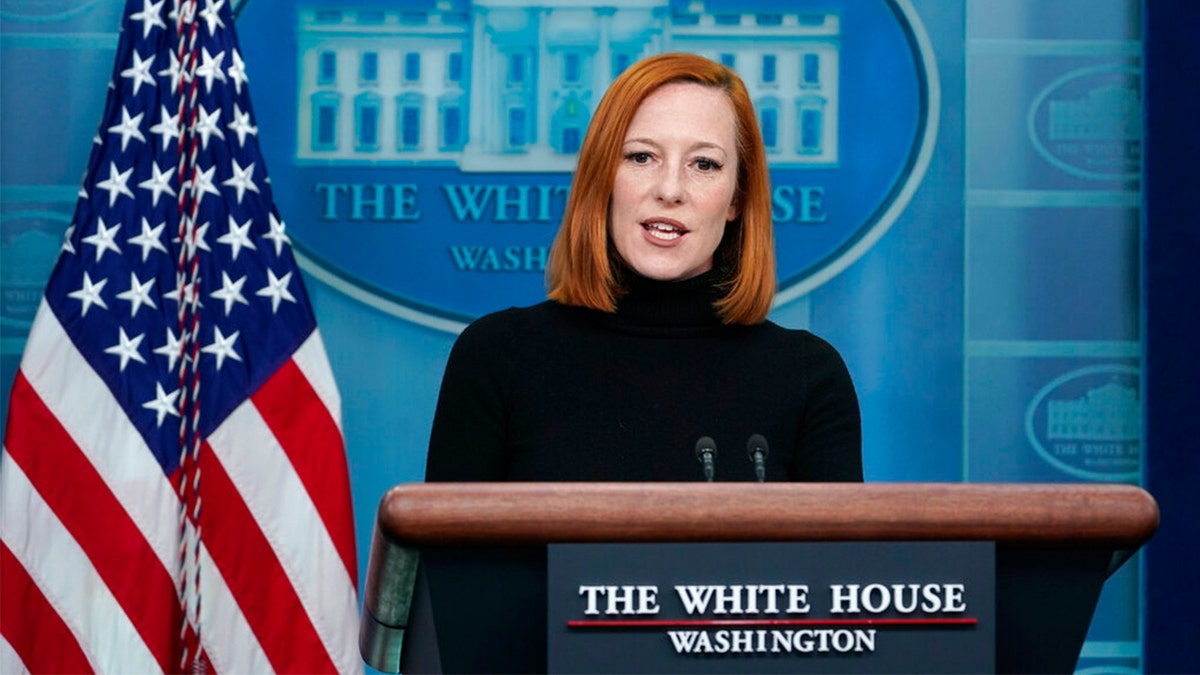The symbolic image of blindfolded Lady Justice holding balanced scales embodies the principle of equal justice under the law. However, mounting evidence suggests that under President Biden's administration, justice appears to be neither blind nor equal. Concerns are growing about the potential weaponization of the Department of Justice (DOJ), with allegations of preferential treatment for friends and family while political adversaries face intense scrutiny.
House Republicans are leading an investigation into these potential abuses of power, focusing particularly on the DOJ. Key figures in this effort include Representatives Jim Jordan (Judiciary Committee), James Comer (Oversight Committee), and Jason Smith (Ways and Means Committee). Their investigations, despite facing resistance and downplaying from the administration and media, aim to uncover the truth behind these allegations.
A central focus is the Hunter Biden case. Despite a five-year investigation, Hunter Biden received what critics call a lenient plea deal on misdemeanor tax charges, avoiding charges related to money laundering or unregistered lobbying. Attorney General Merrick Garland maintains that the lead prosecutor, David Weiss, had full authority, but whistleblowers contradict this claim, stating Weiss was denied permission to bring charges in other jurisdictions and was refused special counsel status.
Whistleblower testimony reveals that Weiss himself stated he was not the ultimate decision-maker on charges. Furthermore, investigators were reportedly prevented from pursuing standard investigative procedures, including allowing the statute of limitations to expire on certain tax evasion allegations related to payments from Burisma. Perhaps most concerning is the allegation that prosecutors blocked search warrants for President Biden's residence, despite evidence suggesting potential relevance to the investigation, citing “optics” as the reason.
A WhatsApp message from Hunter Biden to a Chinese energy executive, mentioning his father's presence and questioning unfulfilled commitments, further fuels suspicions. Despite this, investigators were allegedly denied access to location data or the ability to execute search warrants that could have confirmed Joe Biden's location. This raises questions about potential obstruction of justice and whether the DOJ is actively shielding the President and his son.
The whistleblower also claims a prosecutor tipped off Hunter Biden's legal team about a potential search of a storage unit, potentially compromising the investigation. The handling of the Hunter Biden case, described by the whistleblower as a “slam dunk” felony case, has raised concerns about a potential cover-up within the DOJ. Why, critics ask, did the DOJ seemingly avoid aggressively tracing the money trail? Where might that trail lead?
Weiss has disputed claims of limited authority, but his explanations have been inconsistent. He initially denied seeking special counsel status but later admitted to discussions about expanding his jurisdiction. The discrepancies in his statements, alongside the whistleblower testimony, demand further investigation. Congress has a duty to uncover the truth, and Weiss and other relevant individuals must testify and provide full access to records.
The integrity of the DOJ is at stake. The American people deserve an Attorney General committed to equal justice, not political agendas. If the whistleblower allegations prove true, they raise serious questions about Attorney General Garland’s honesty before Congress. House Republicans pledge to continue their investigation, follow the evidence, and hold those responsible accountable. The possibility of a formal impeachment inquiry remains on the table, depending on the findings of this ongoing investigation.








